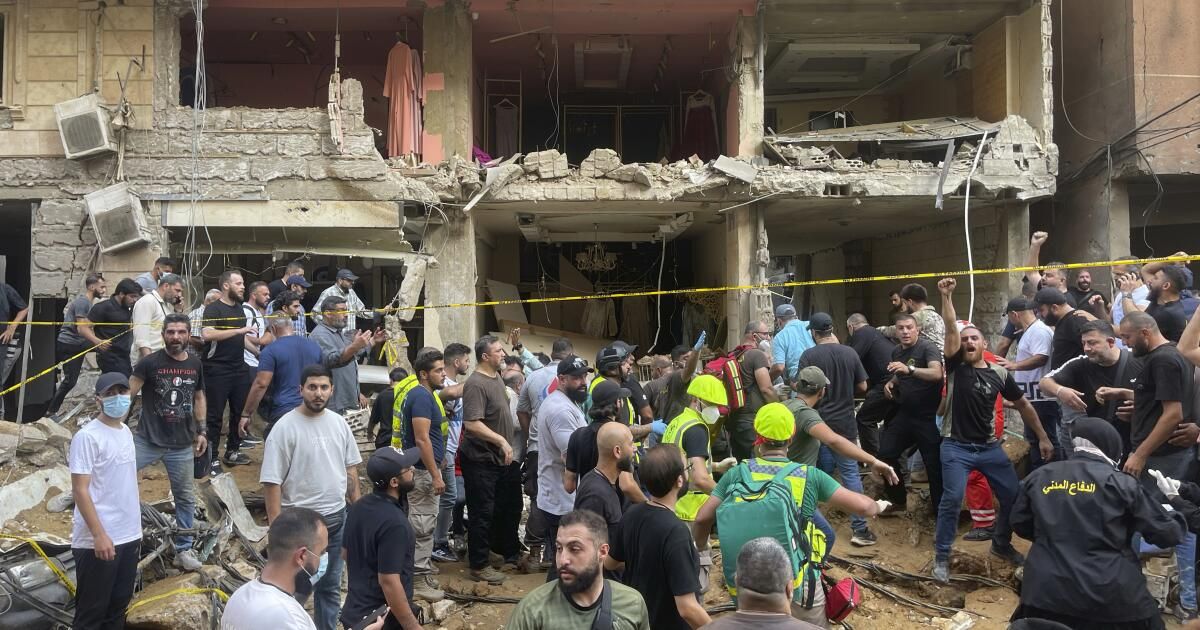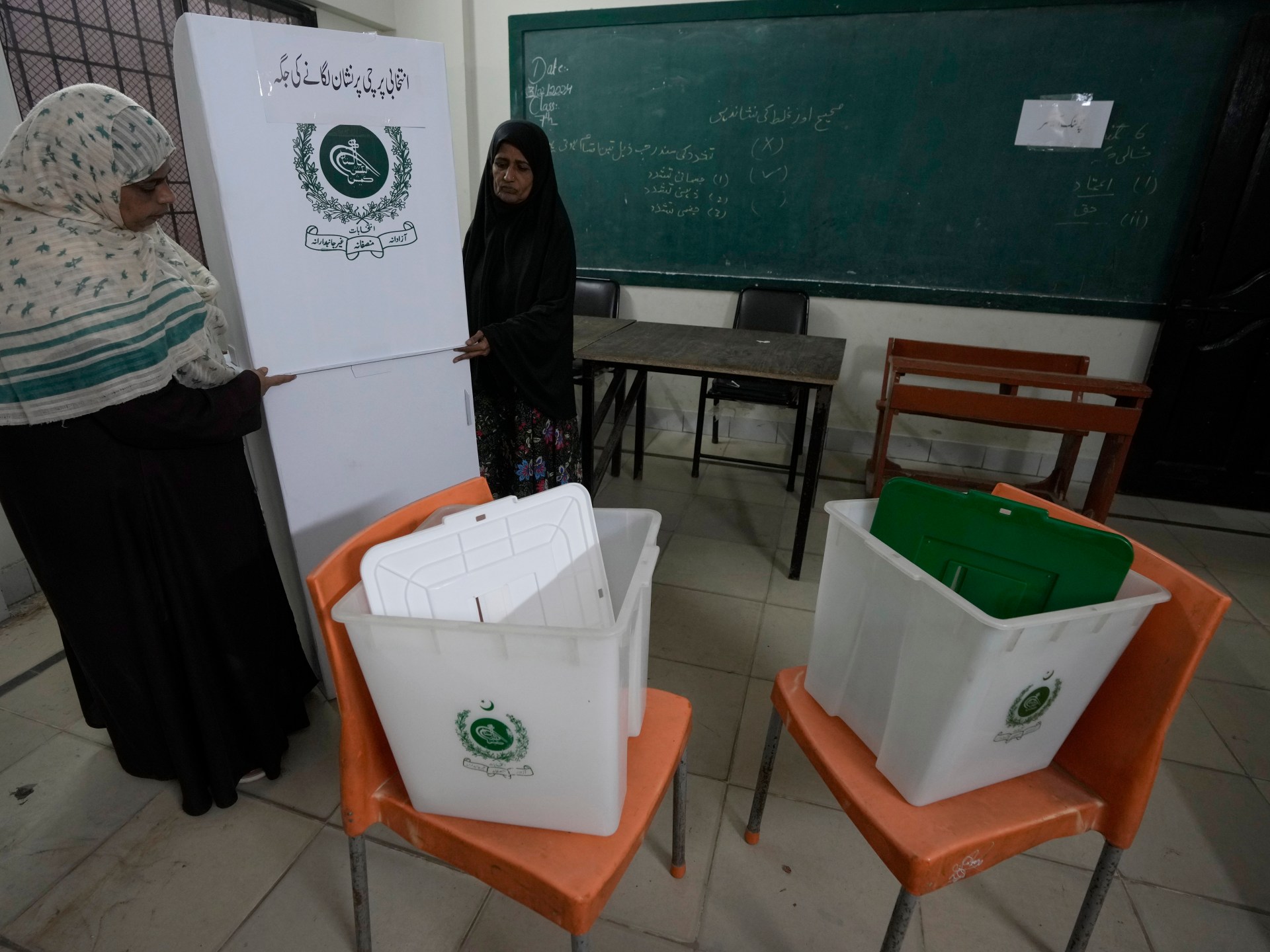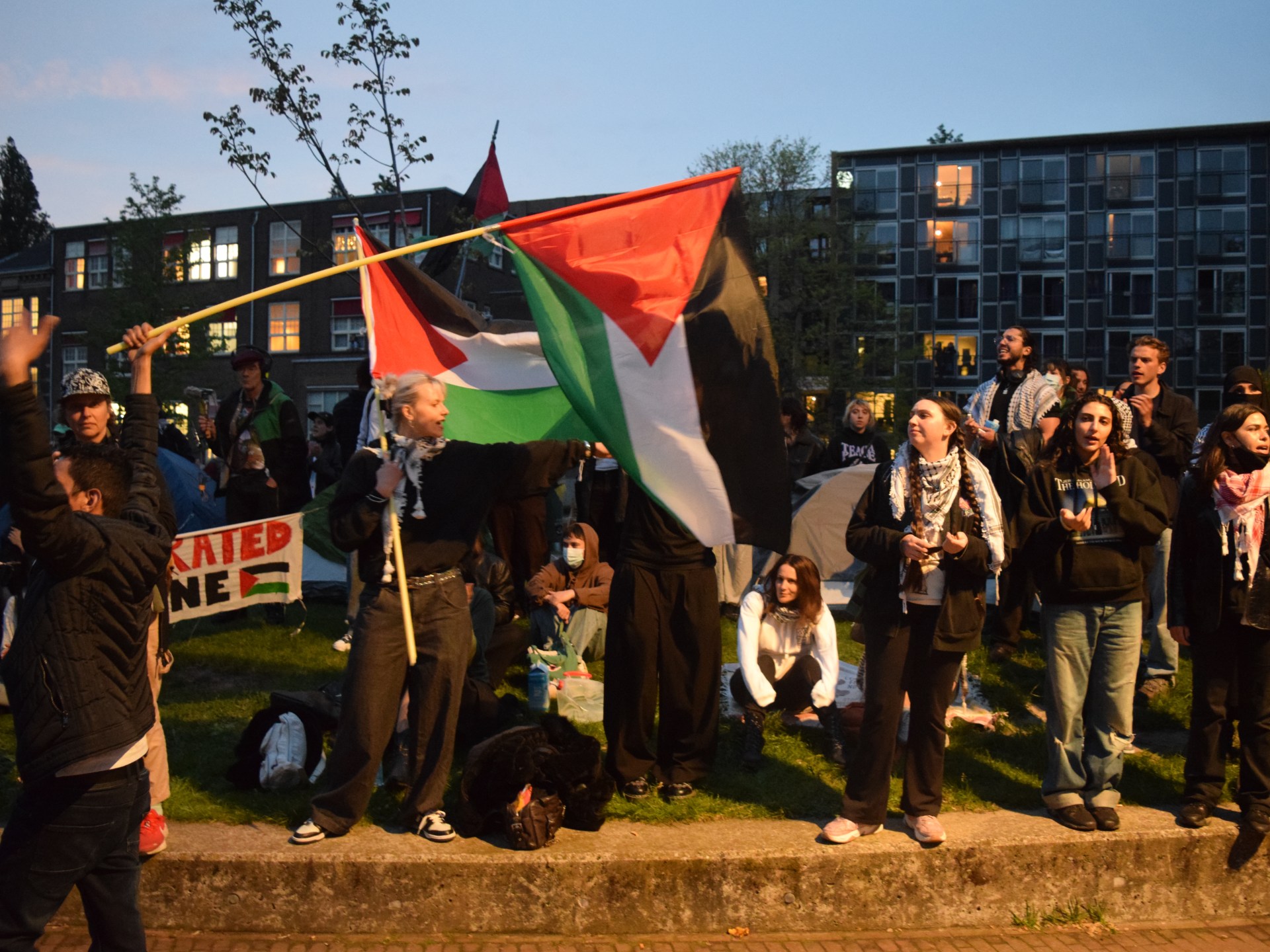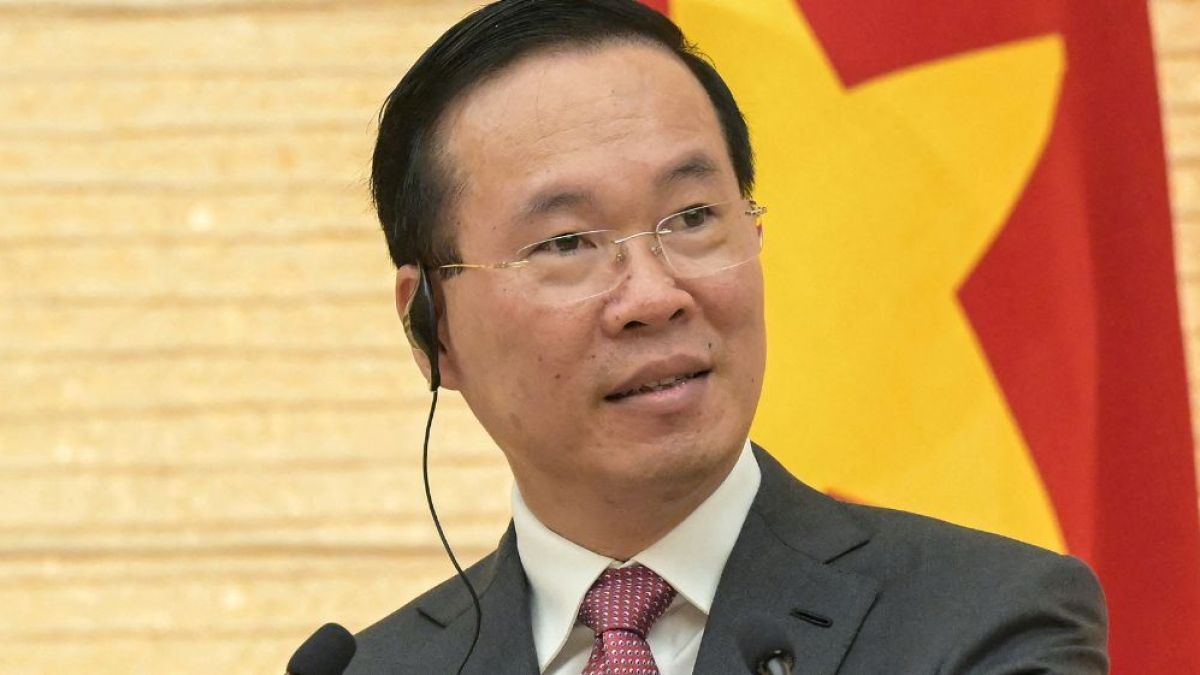Facing the threat of a wider war in the Middle East, Israel bombed part of the Lebanese capital on Friday, killing at least eight people and wounding 59 others, Lebanese authorities said.
The attack came just days after thousands of sabotaged electronic devices exploded across the country, killing 30 people and injuring thousands, an action widely blamed on Israel.
Friday's attack, in which Israel launched airstrikes on a busy Beirut suburb during rush hour, appears to have targeted a senior leader of the militant group Hezbollah, whose whereabouts remain unclear.
Chaos reigned in Dahieh, the southern suburb of the capital where Hezbollah is based. Relatives rushed to the area, but Hezbollah operatives erected a barricade around damaged buildings to prevent them from entering.
Witnesses said the attack also hit Al-Qaim, a major mosque in the area.
For more than two hours after the strike, dozens of ambulances, bulldozers, fire trucks and even a Polaris buggy drove in and out of the street.
“If you saw the building, you would understand why we are all here,” said a civil protection worker who did not give his name so he could speak freely. “Three-quarters of the building has collapsed.”
Residents were ordered to evacuate the area. Families appeared at the barricade, looking dazed as they carried duffel bags, suitcases and pet cages.
Overnight before the Israeli attack, Hezbollah bombarded northern Israel with rockets and the group's leader, Hassan Nasrallah, vowed revenge for the series of attacks via pagers and walkie-talkies.
In recent days, Israel has repeatedly shown its most aggressive stance toward Hezbollah. On Thursday, the Israeli military said its chief of staff, Lt. Gen. Herzi Halevi, had recently approved new plans for the northern conflict zone. A day earlier, Defense Minister Yoav Gallant declared that the conflict was entering a “new phase.”
The escalation comes as U.S. officials tour the region imploring leaders to avoid inflaming tensions — a plea that was evidently ignored. Biden administration officials were quick to insist the U.S. had nothing to do with Friday’s attack, a similar statement made after the pager and walkie-talkie explosions.
“We are continuing our intensive diplomatic efforts,” White House national security spokesman John Kirby said Friday. “We believe, we continue to believe, that a diplomatic solution is the best way forward. … War is not inevitable.”
Bulos reported from Beirut and Wilkinson of Washington.












